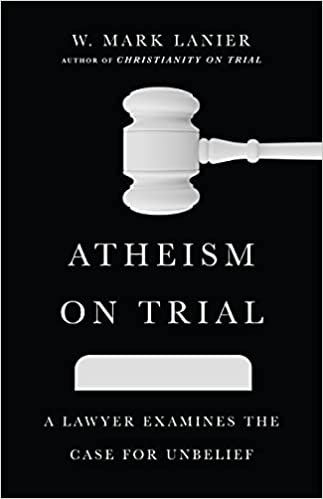Q. Let’s talk about burden of proof. When you discuss the issue of proof, you are not talking about the sort of proof that comes from doing a science experiment in a lab which is repeatable, but rather the sort of proof that can be given in a courtroom or in a basic historical argument which deals with evidence of an historical sort. Right? And why exactly should the burden of proof be on Christians, when our arguments have a much longer and stronger pedigree than any of the modern, Enlightenment and post-Enlightenment arguments?
A. Thermometers are great for proving the temperature. Rulers properly prove size or distance. Gallons can measure liquids. Math can give the area of a rectangle. But if I want to prove that I love my wife, no litmus strip will work. A science lab is useless for such. Yet my love for my wife is fact. How do I “prove” it? The judicial system recognizes that science proves science, but for non-science (Who ran the red light? Who is the more fit parent? Did person A intend to defraud person B?) the best tool for ferreting out truth is to load a two-sided scale with the evidence, pro and con. Then see what is more likely than not, i.e., where lies the greater weight of the credible evidence? This measure of proof is equally available to atheist, agnostic, or believer. The minority view historically, and in the world today, is the unbelieving view. I think it incumbent on the unbeliever to carry their burden of proof. That said, I have no trouble carrying the burden of proof for my belief.













